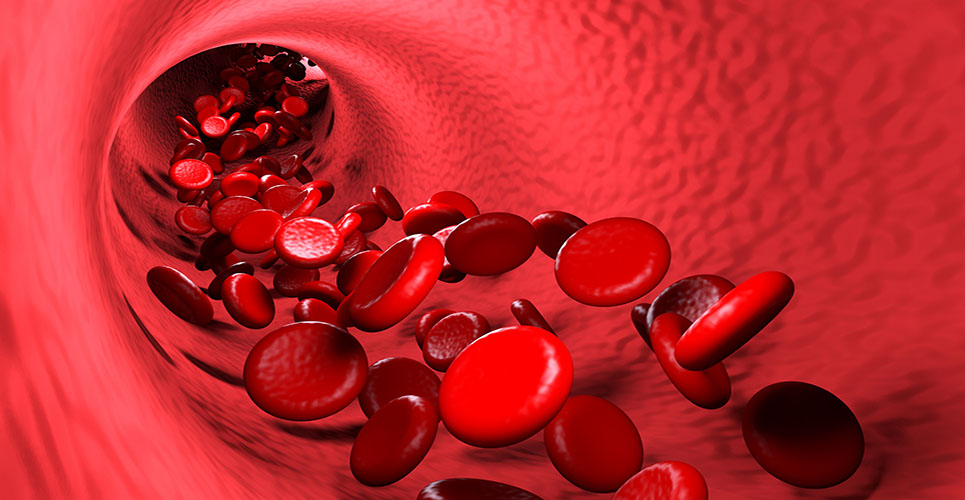teaser
Updated results from the pivotal PACE study for ponatinib add support to ARIAD’s filing for regulatory approval in Europe.
The data, presented at the European Haematology Association Annual Congress, showed robust anti-leukaemic activity of ponatinib in chronic myeloid leukaemia (CML) patients who have become resistant or intolerant to currently available targeted therapies (dasatinib or nilotinib), or who have the T315I mutation, a rare form of CML which has no available treatment options.
CML is a cancer of the white blood cells that is diagnosed
in approximately 7000 patients each year in Europe.
The aim of treatment is to achieve remission of the disease by
reducing the number of Ph+ leukaemia cells and achieving a
major cytogenetic response (MCyR) (less than 35 percent Ph+
cells) or complete cytogenetic response (CCyR) (no Ph+ cells).
However, over time, patients may develop resistance or
insensitivity to currently available targeted therapies (TKIs),
impacting remission of the disease.
In the study, 54 percent of chronic-phase CML patients, including 70 percent of patients who have a T315I mutation, achieved a major cytogenetic response.
Clinical responses to ponatinib were observed in patients
regardless of their mutation status or disease stage.
The responses appear to be durable, with 93 percent of
chronic-phase CML patients projected to remain in major
cytogenetic response at one year.
Ponatinib is an investigational pan-BCR-ABL inhibitor in patients
with CML and Philadelphia chromosome acute lymphoblastic
leukemia (Ph+ ALL)
Ponatinib was internally discovered and designed by ARIA
scientists

